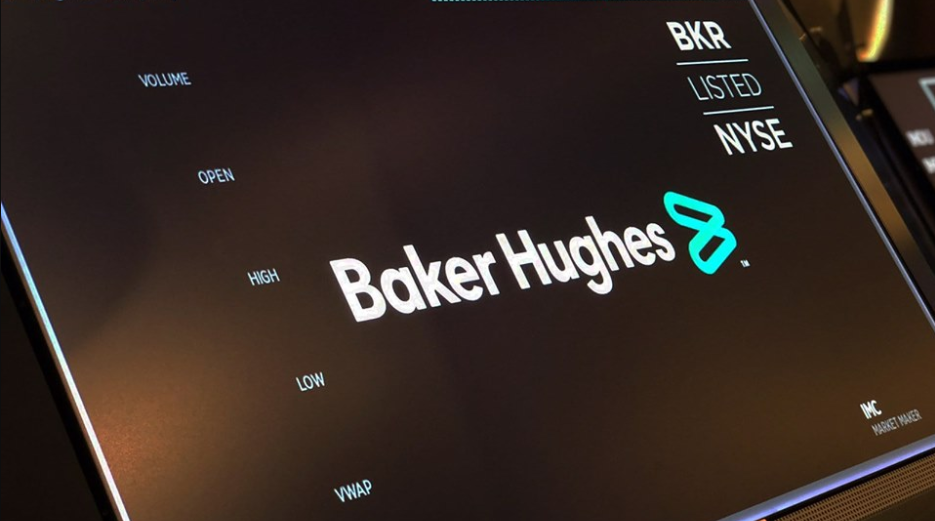
Baker Hughes has closed out its “incredibly challenging” 2020 financial year with pre-tax losses of $15.2billion (£11bn).
The oilfield services and technology giant, which took an $11bn impairment charge back in the first half of 2020, said it was “pleased” with its results which reflect “navigating the impacts of the global pandemic and industry downturn”.
In November it was also revealed the firm had cut 15% of its workforce since March, from 68,000 to 58,000.
Baker Hughes’ 2020 pre-tax losses of $15.2bn compare to profits of $753million (£548.5m) at the end of 2019.
Revenues stood at $20.7bn, down from $23.8bn a year ago, and the value of total orders dropped 23% from $26.9bn to $20.7bn.
The orders are broken down across oilfield services, equipment, turbomachinery and process solutions and digital solutions.
Chief executive Lorenzo Simonelli said he is “cautiously optimistic” about a recovery but thinks the early stages of 2021 will remain subdued.
He said: “As we look ahead to 2021, we are cautiously optimistic that the global economy and oil demand will begin to recover from the impact of the global pandemic.
“We believe this macro environment likely translates into a tepid investment environment for oil and gas during the first half of 2021.
“However, we expect spending and activity levels to gain momentum through the year as the macro environment improves, likely setting up the industry for stronger growth in 2022.”
Mr Simonelli thanked employees for their efforts in the face of 2020’s challenges, and said the firm is “well placed” to navigate the current market environment and the energy transition.
As of the end of 2019, Baker Hughes employed about 2,000 people across nine locations in Aberdeen city and shire, including Altens, Portlethen and Inverurie.
It also employs hundreds of people at a large manufacturing facility in Montrose, Angus.
